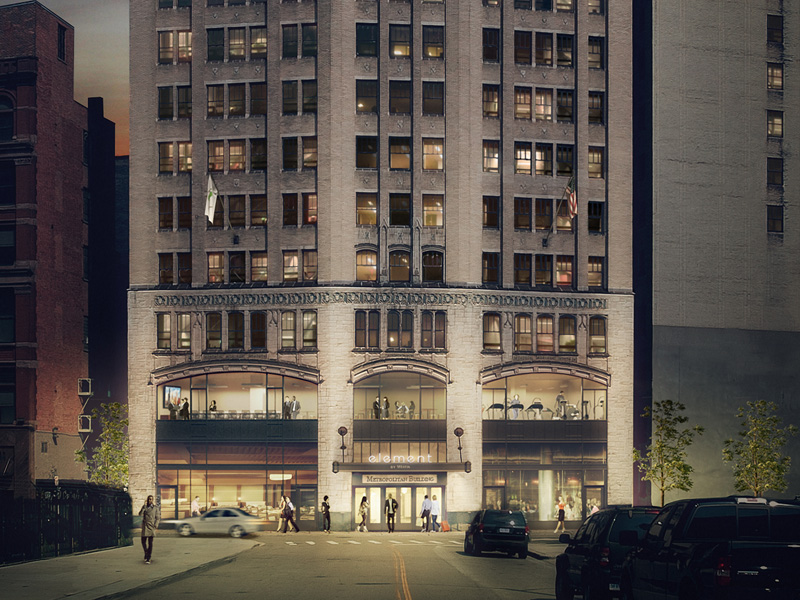Just a few years ago, Detroit was the poster city for the damage a financial crisis could wreak on a community. Today, the Motor City is reemerging, and its hotel industry has a healthy pipeline.
Detroit’s hotel occupancy in 2008 was below 50 percent, said Michael O’Callaghan, EVP and COO of the Detroit Metro Convention and Visitor’s Bureau. By 2015, that number had growth to 66.5 percent, and it’s still growing. “The year will probably finish at 67 percent occupancy for the region,” he predicted. “Every year since the downturn there has been an uptick in demand and occupancy.”
The hotel growth, O’Callaghan said, has been focused primarily on smaller, limited-service hotels rather than big, full-service properties. Adaptive reuse of small buildings is the name of the game as the city gets back on its feet. Bruce Ford, SVP and director of global business development at Lodging Econometrics, said that opening a preferred brand along the lines of a Marriott, Hilton or IHG brand has made it easier to securing lending.

O’Callaghan estimated that 4,000 limited-service rooms opened in the past year, and the trend is likely to continue.
The Pipeline
As of late May, Lodging Econometrics counts 54 hotels with a total of 5,561 rooms in the Detroit pipeline. Nearly half of these—25 properties with 2,525 rooms—are slated to begin construction in the next year. Fifteen hotels (1,474 rooms) are already under construction, with another 14 in the early-planning stage.
The Detroit market’s pipeline has increased by 14 projects since the first quarter of 2015, an increase of 35 percent. Notably, the number of pipeline rooms as a percentage of the total census (open and operating hotels in the market) is 13 percent. This puts Detroit growth ahead of Washington D.C.’s (at 12.9 percent).
Former Wurlitzer headquarters building in downtown Detroit - refurbished to be boutique hotel in late 2017. Lovely! pic.twitter.com/5qvwpN1nYO
— Industrial Heritage (@DonnaHeritage) June 9, 2016
The 114-room Hilton Garden Inn Detroit Troy, owned by HG Troy and managed by Group 10 Management, opened in April in a northern suburb of the city. Starwood Hotels & Resorts Worldwide, meanwhile, will open Detroit’s first Element Hotel in July 2018, following an adaptive reuse of the historic Metropolitan Building. The 110-room Element Detroit at the Metropolitan Building will be owned and developed by Metropolitan Hotel Partners, a joint venture between Detroit-based Means Group and Roxbury Group. And New York-based ASH NYC is investing a reported $21 million into turning downtown’s historic Wurlitzer Building into a 106-room boutique hotel.
Some larger properties are also in the works. The former Metropolitan Hotel, close to the city’s airport has been closed for more than three years, but will reopen as a 274-room Radisson. The hotel will be owned by RKJ Hotel Management and will be managed by First Hospitality Group.
